Payasos... ¿tradicionales o tenebrosos?
Durante mi infancia, parte de la adolescencia, y hasta bien entrada a la adultez, las celebraciones infantiles eran amenizadas por animadores vestidos de payasos.
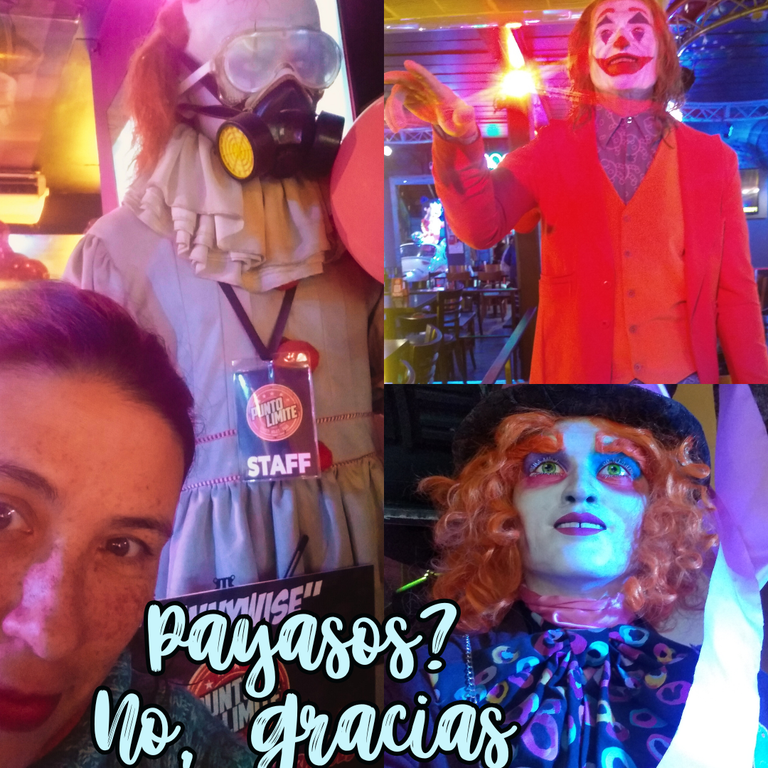
Y quizás al inicio me parecían entretenidos, sobre todo porque crecí viendo en la televisión a varios payasos que fueron famosos: Popy, Cepillín, Gaby, Fofó y Miliki y hasta pudiera incluir a Juan Corazón!.
Solo que al evolucionar yo, y ver que el trato de los payasos hacia los niños no es solo despectivo al hablarles en un tono agudo, pedirles que hagan el ridículo y sobre todo ser monótonos y repetitivos con las preguntas que hacen para buscar interacción, ya mi opinión sobre ellos cambió de manera radical.
De hecho, la última interacción con payasos en mi vida fue hace ya unos 28 años, en el primer cumpleaños del hijo de un primo, el que abrió paso a la siguiente generación en mi familia materna.
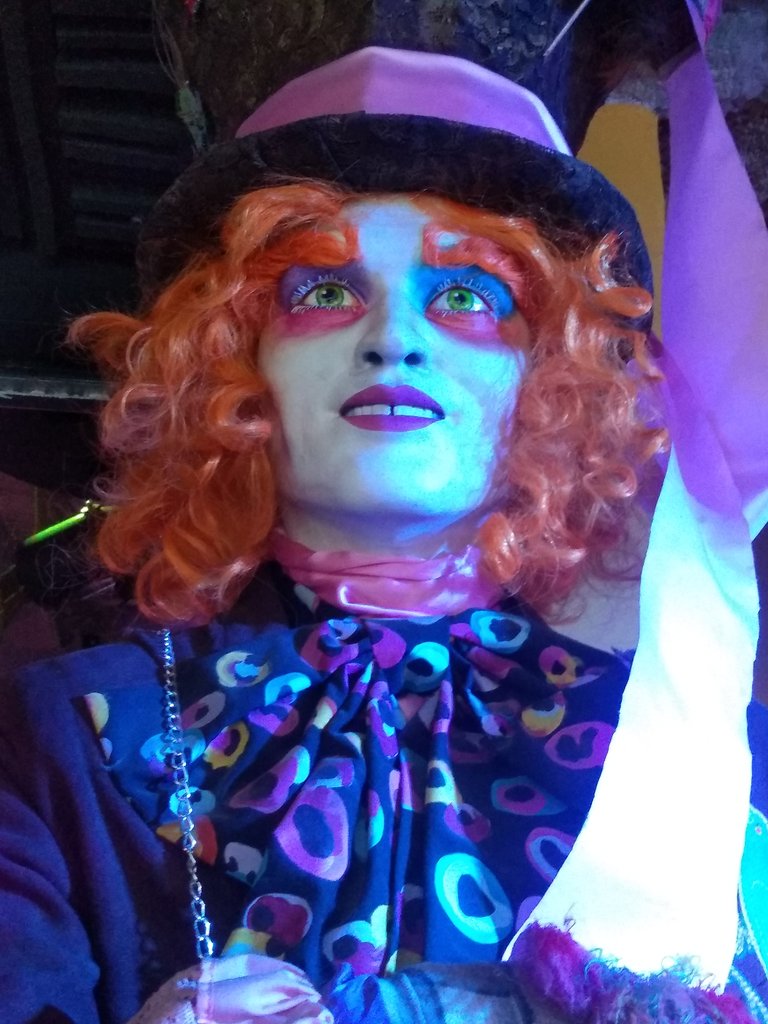
Durante la fiesta, veía con fastidio los juegos y canciones de los payasos animadores, pero la guinda de la torta fue cuando durante el show final, uno de ellos insistía en que siguiera la canción, que - aunque la sabía - no estaba dispuesta a cantarla, a diferencia de mi madre, tías y hasta la abuela, que coreaban y bailaban al ritmo.
En ese entonces, pensaba que ellas dejaban salir a sus niñas interiores, que no tuvieron una infancia de colores sino llena de carencias, y aunque la mía no fue la de una niña millonaria, si estuvo repleta de otras cosas que me llenaban mucho más.
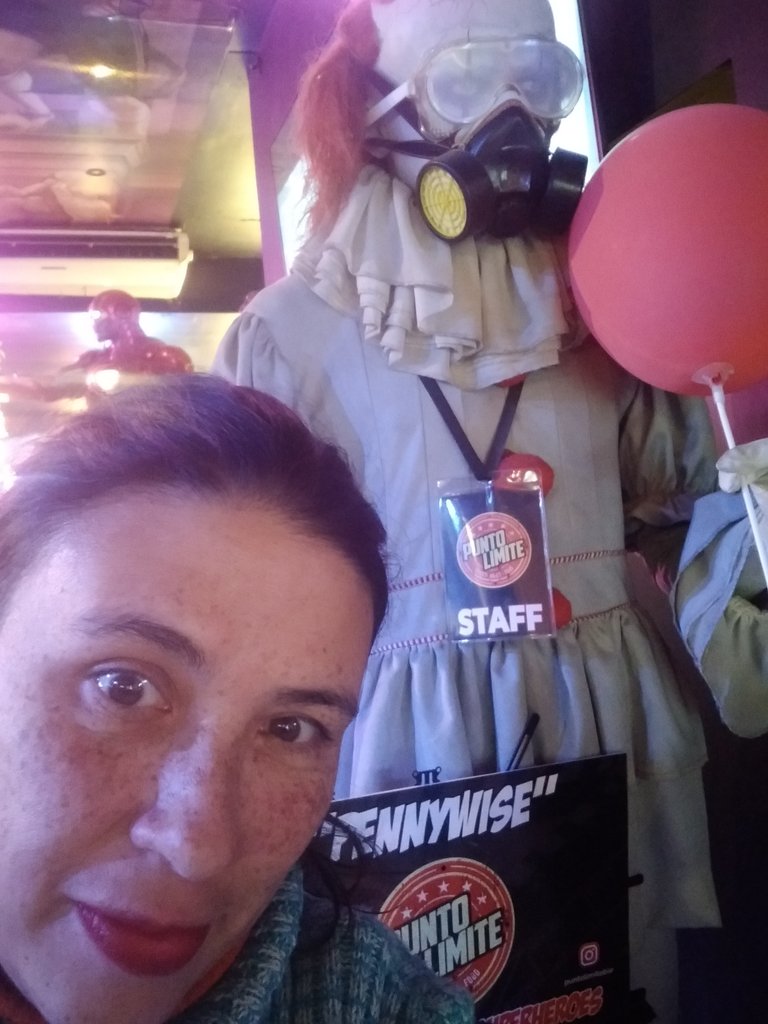
La experiencia con el fulano payaso terminó cuando amenacé con golpearlo, y uno de mis primos me agarró para evitar que lo hiciera. Para entonces, todos opinaron que necesitaba terapia, para mi psiquiatra, muchos años después, defendía mi posición luego de tratar de negociar, pues durante toda la fiesta estuve diciéndole que se dedicara a los niños y que me dejara en paz.
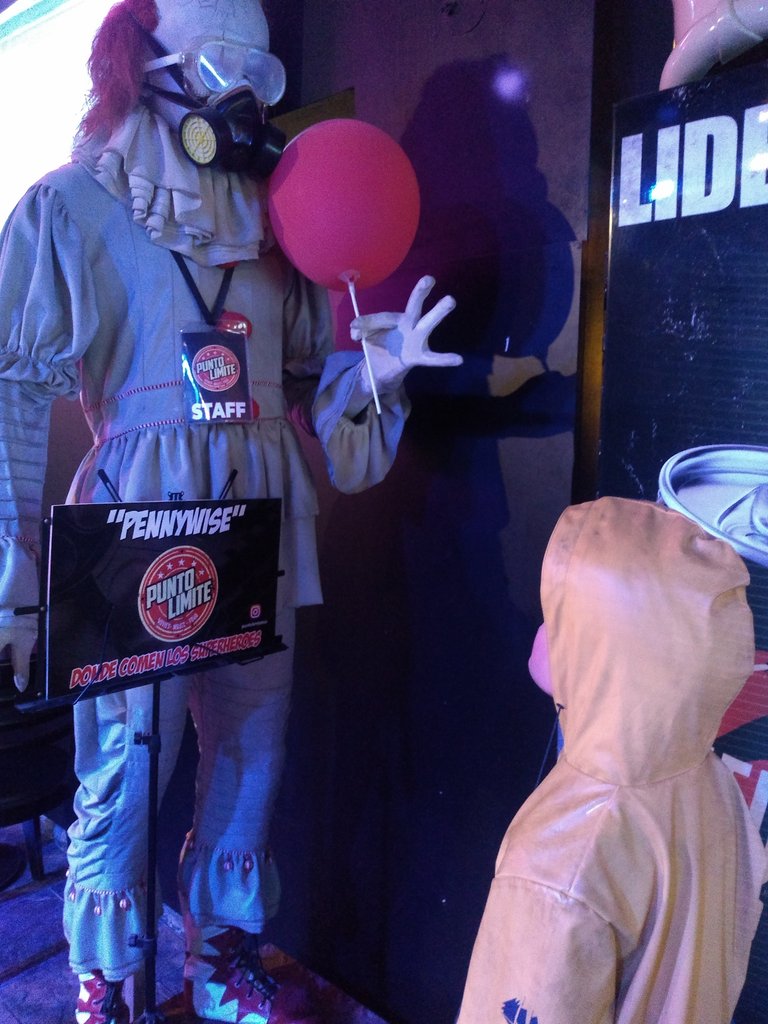
A mi hijo grande nunca le llevé payasos, y para mi sorpresa, su reacción al ver uno que casi lo obligaba a imitarlo durante un acto escolar, fue la copia de ese evento sucedido unos 14 años antes de que él fuera concebido. ¿Genética? no creo, más bien un sentido común precoz para un niño de 5 años.
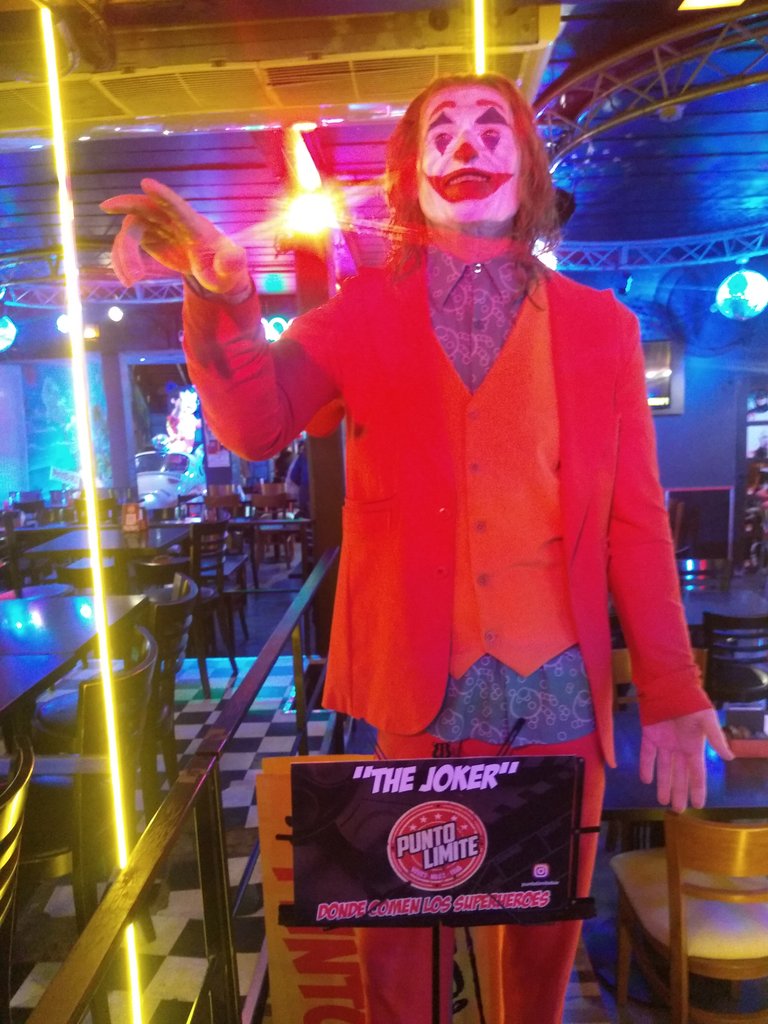
Pero con el segundo, el tema ha sido diferente, a él le gustan los payasos, pero no los que animan fiestas, sino los turbios al estilo de los personajes como el joker, o Pennywise.
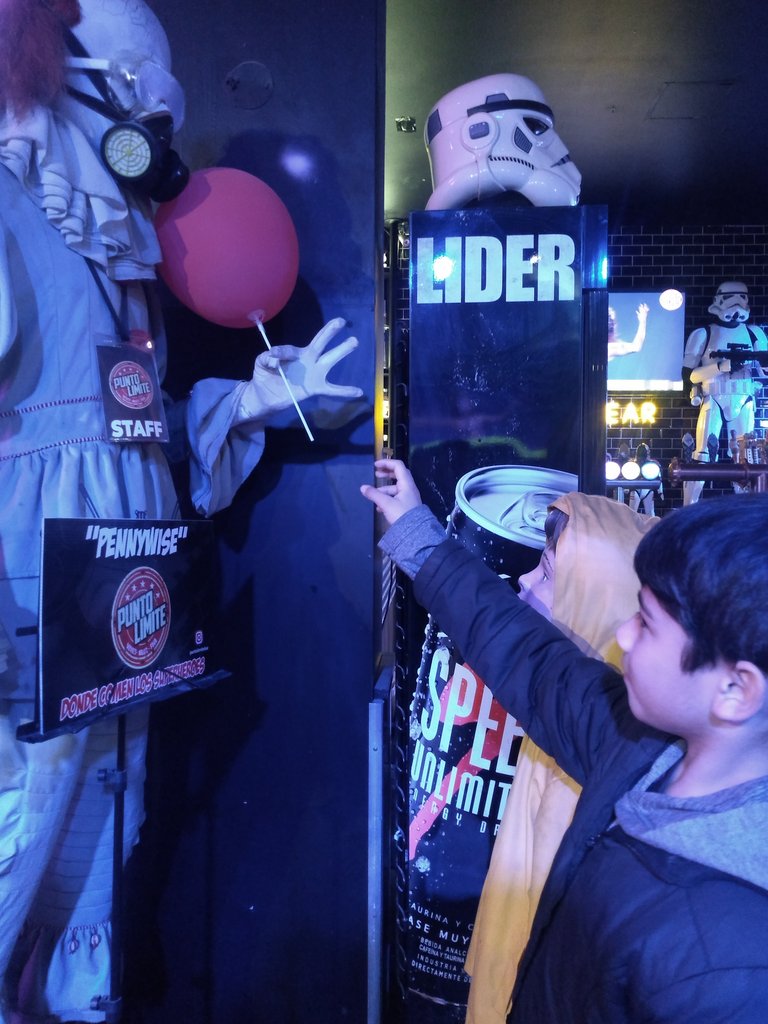
En sus 10 años de vida, solo ha visto los cortes de la película "It´s" y no le tiene miedo, sino más bien cierta curiosidad, por eso, cuando ve la figura del famoso Pennywise me pide tomarle una foto junto al macabro payaso. Y la verdad no es algo que me perturbe, pues lo interpreto como el hecho de que prefiere ver el lado real detrás de la máscara, no solo en los payasos, sino de las personas en general.

During my childhood, part of my adolescence, and well into adulthood, children's celebrations were entertained by entertainers dressed as clowns.
And perhaps at the beginning I found them entertaining, especially because I grew up watching on TV several famous clowns: Popy, Cepillín, Gaby, Fofó and Miliki and I could even include Juan Corazón!
But as I evolved, and saw that the way clowns treat children is not only derogatory by talking to them in a sharp tone, asking them to make fools of themselves and above all being monotonous and repetitive with the questions they ask to seek interaction, my opinion about them changed radically.
In fact, the last interaction with clowns in my life was some 28 years ago now, at the first birthday of a cousin's son, the one that opened the way to the next generation in my maternal family.

During the party, I watched with annoyance the games and songs of the clown entertainers, but the icing on the cake was when during the final show, one of them insisted that I follow the song, which - although I knew it - I was unwilling to sing, unlike my mother, aunts and even grandmother, who chanted and danced to the rhythm.
At that time, I thought that they let their inner girls come out, that they did not have a colorful childhood but one full of shortcomings, and although mine was not that of a millionaire child, it was full of other things that filled me much more.

The experience with the clown ended when I threatened to hit him, and one of my cousins grabbed me to prevent me from doing it. By then, everyone thought I needed therapy, to my psychiatrist, many years later, I was defending my position after trying to negotiate, because during the whole party I was telling him to dedicate himself to the children and to leave me alone.

I never brought clowns to my older son, and to my surprise, his reaction to seeing one that almost forced him to imitate it during a school event, was a copy of that event that happened some 14 years before he was conceived. Genetic? I don't think so, more like precocious common sense for a 5 year old.

But with the second one, the theme has been different, he likes clowns, but not the ones that animate parties, but the shady ones in the style of characters like the joker, or Pennywise.

In his 10 years of life, he has only seen the cuts of the movie “It's” and he is not afraid of it, but rather curious, so when he sees the figure of the famous Pennywise, he asks me to take a picture of him with the macabre clown. And the truth is not something that disturbs me, because I interpret it as the fact that he prefers to see the real side behind the mask, not only in clowns, but of people in general.
Foto/Photo by: @mamaemigrante. Créditos a los realizadores de las figuras y a sus intérpretes en el cine.
Edición/Edited by @mamaemigrante using canva
Translated and formatted with Deepl